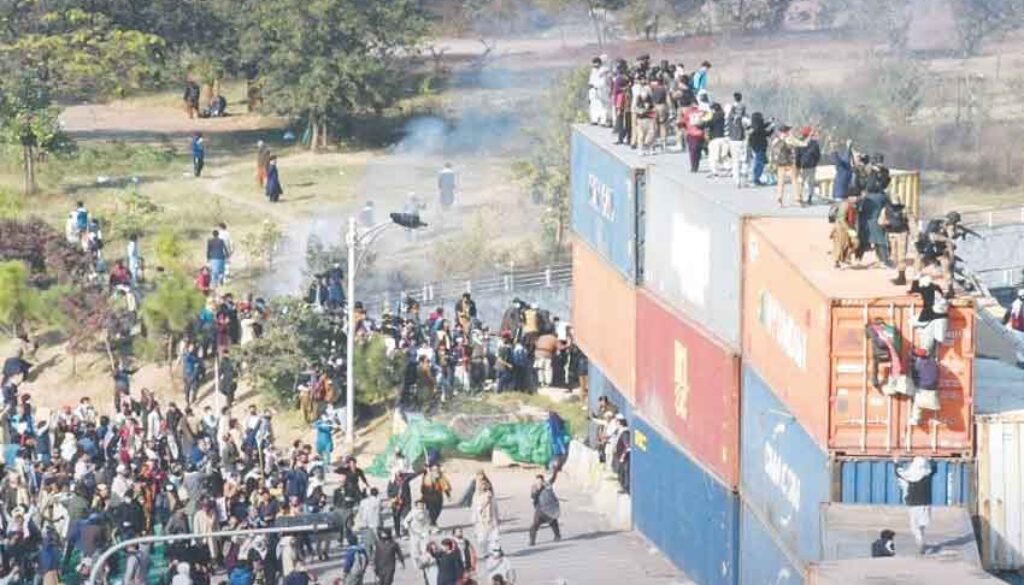How Social Media is Shaping Protests Worldwide: The Case of Islamabad
Social media platforms have changed the way protests are organized and conducted worldwide. Islamabad, the capital city of Pakistan, is a very good case study of this digital revolution. Using Facebook, Twitter, and WhatsApp, among other social media platforms, protesters in Islamabad have shown how powerful social media can be in mobilizing crowds, amplifying voices, and creating awareness for their causes.
Organizing Protests in the Digital Era
Social media has made coordinating the large-scale protests much easier. In Islamabad, political groups and activists are making use of the social platforms to communicate rallying points and logistical details in real-time. The affordability of smart phones and the high coverage of internet access ensures these messages reach even remote places, thus ensuring large turnout.
Amplification and Awareness Building
Protesters use live streaming, hashtags, and viral videos to reach a greater audience, drawing attention to their causes at a global level. For instance, during political demonstrations in Islamabad, activists have used trending hashtags to bring international focus to local grievances. This amplification can pressure governments and institutions to respond to protesters’ demands.
Challenges: Censorship and Misuse
Governments, fearing the power of social media, usually try to curtail its influence by imposing restrictions during protests. This has been done in Pakistan through internet shutdowns and restrictions on certain platforms to stop the flow of information and coordination of protest activities. Such a short-term success has attracted criticism for suppressing freedom of expression.
On the other hand, social media can be a two-edged sword. At times it is used to disseminate misinformation or to radicalize users. There have also been instances in Islamabad where certain platforms were facilitating hate speech and extremism. Such misuse calls attention to the importance of bringing accountability and regulation to utilize social media constructively.
The experience of Islamabad is reflective of a worldwide phenomenon where social media dominates the evolution of protests: empowering grassroots movements, as well as democratizing information and communication, raises deeper questions about regulation, misinformation, and censorship.
Social media has undeniably reshaped the dynamics of protests worldwide, and the events in Islamabad offer valuable insights into this transformation. By enabling rapid mobilization and amplifying marginalized voices, these platforms have become indispensable tools for activism. However, the challenges they bring—misinformation, censorship, and misuse—must be addressed to fully harness their potential as instruments for positive change. Balancing these opportunities and threats is essential for fostering democratic dialogue in the digital age.



